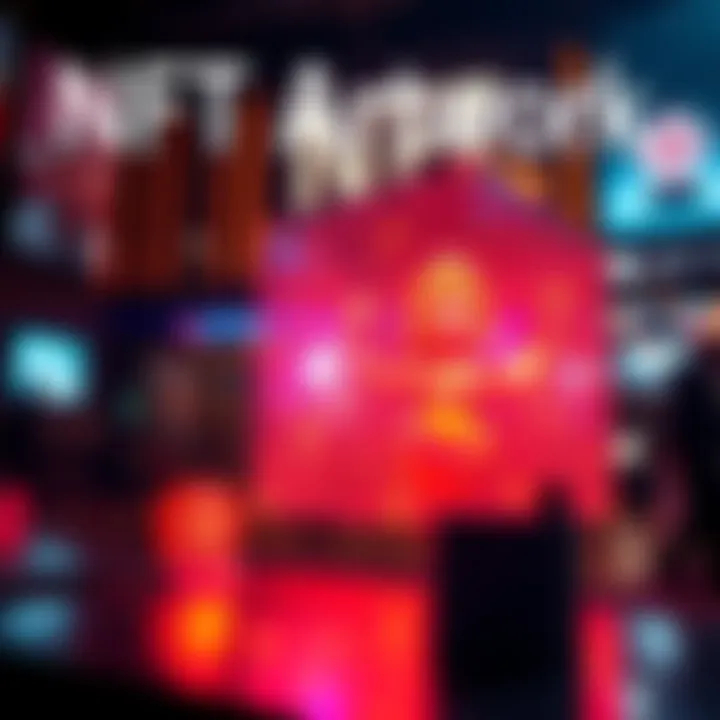NFTs: The Fine Line Between Innovation and Absurdity | Exploring NFT Relevance in 2025
Edited By
Michael Okafor

A mixed bag of opinions is emerging around non-fungible tokens (NFTs), as some claim they can revolutionize industries while others label them as ridiculous fads. The conversation heats up over how NFTs could reshape ticketing and ownership.
Code of Trust and Caution
Users are divided on the utility of NFTs. One comment highlights, "If it’s an image of a stupid ape then yeah, get rekt." However, others see potential. For instance, witnessing artists or celebrities, like Taylor Swift, incorporating NFTs into ticket sales could assert new norms in ownership.
"If Taylor Swift tied all future ticket sales to an NFT, do you doubt that people would want to own it?"
Such sentiments emphasize a growing enthusiasm for NFTs in practical uses. Yet an undercurrent of skepticism lingers. Another user warns against trusting unsolicited DMs, labeling them as potential scams.
Benefits Beyond Collectibles
The conversation isn't merely about pixelated images. Users suggest viable implementations include ticket sales and sneaker-lending mechanisms like STEPN. This variation is evident:
Ticketing: NFTs as secure proof of purchase, reducing fraud.
Rewards: Users benefiting from programs like "move-to-earn" through games.
Yet, the shadow of speculation also hangs over these options. Market instability and hype cycles often diminish the credibility of even the most innovative ideas.
Community's Warning Signs
The tone of discussion shows caution amidst criticism:
Scams exist: "Do not trust DMs offering help with funds; never give out your seed phrase!"
Scams can affect everyone: Community members urge vigilance with a firm warning against possible scams.
Market speculation: “Bagholders” emerge as a recurring theme, showcasing disappointment and financial losses.
Key Insights
💡 Potential in practical applications: NFTs for ticketing and rewards.
⚠️ Community safety concerns: Scam warnings underline risks.
🖼️ Mixed sentiment: Some view NFTs as innovative while others find them frivolous.
As the NFT debate evolves in 2025, its true impact remains to be seen—who will benefit and who will get left behind? Will practicality convince the skeptics? The sound of shifting opinions may reveal more as events unfold.
What Lies Ahead for NFTs in 2025
There’s a strong chance that NFTs will find their footing in practical applications like ticketing and loyalty rewards. As more high-profile artists and events consider adopting NFTs as part of their sales strategy, we could see a significant shift in public perception. Experts estimate around a 65% probability that legitimate platforms will emerge to curb scams and enhance credibility. This shift hinges largely on community vigilance and the regulatory landscape as authorities clarify guidelines, which might stabilize the market and draw in people looking for trustworthy experiences.
Echoes of Historical Innovation
In the 1990s, the rise of the internet birthed a whirlwind of skepticism and hype. Much like today’s NFT debate, early websites faced a barrage of critique, with many believing they were just passing fads. However, as e-commerce evolved, those same platforms ushered in an online shopping revolution that reshaped economies. This parallel begs the question: could NFTs evolve similarly, moving past their initial ridicule to become foundational in digital ownership? Just as the internet became indispensable over time, NFTs might carve out their own critical role in the years to come.
